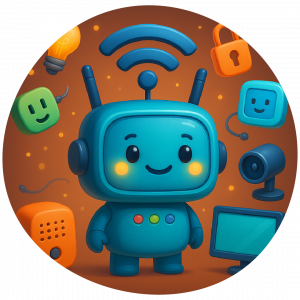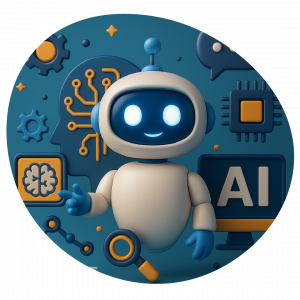In the 21st century, the educational landscape is undergoing radical changes driven by technological advancements, new pedagogical methodologies, and an increasing demand for global competencies. TBox has become a benchmark in this field, with its commitment to preparing students with future-ready education to face the challenges of tomorrow through technological tools, innovation, and hands-on learning. This article explores how TBox aligns with current trends and future needs in education.
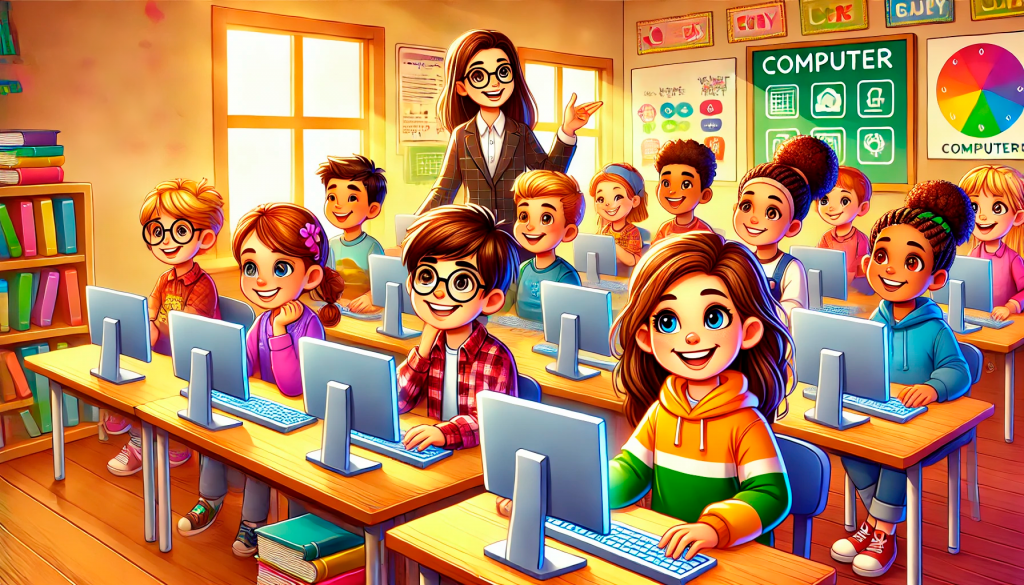
Educational Transformation in the Digital Age
Technology has moved from being a complementary resource to becoming a central pillar of learning. According to UNESCO (2023), 90% of future jobs will require some level of digital skills, ranging from basic abilities to advanced knowledge in emerging technologies. This means that educational institutions must not only teach math, science, and literature but also critical technological skills.
TBox as a driver of this transformation:
TBox offers solutions tailored to all educational levels, from preschool to high school, integrating digital tools into the curriculum. For example:
Early Education: Programs designed to introduce young children to the responsible and creative use of technology, fostering logical thinking and problem-solving skills.
Secondary Education: Training in practical skills such as programming, graphic design, and data analysis, essential for today’s job market.
Additionally, TBox trains teachers to integrate these tools into their classrooms, ensuring a positive and sustainable impact on learning.
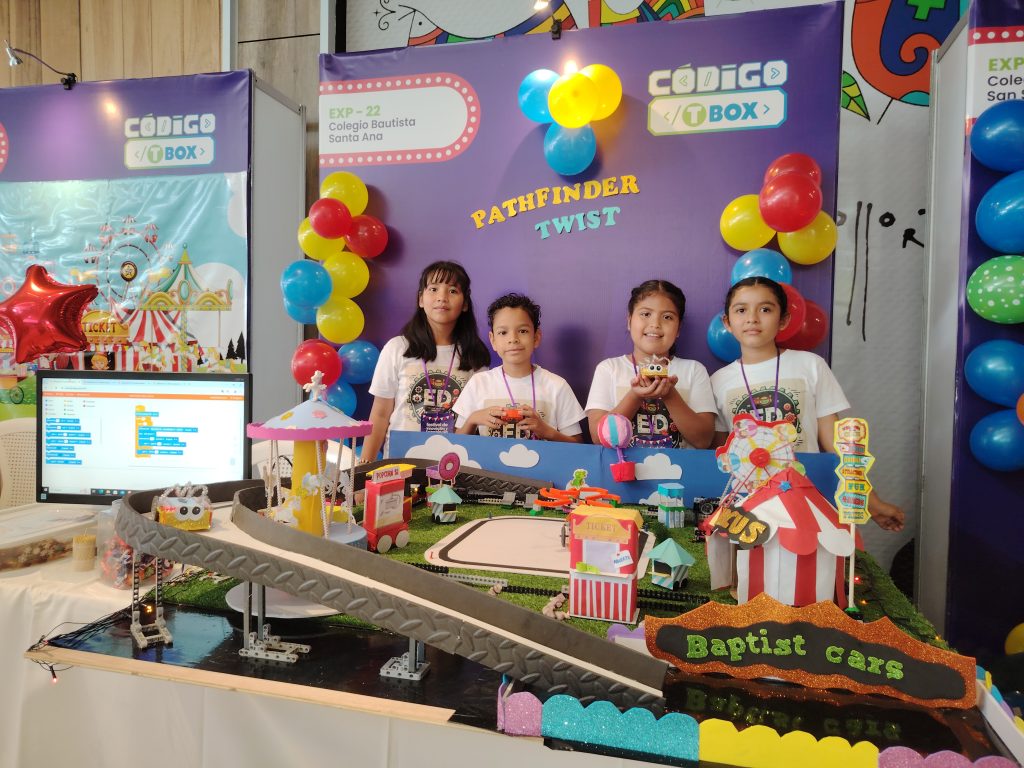
Innovative Pedagogical Methodologies
One of the biggest challenges in today’s education is transforming traditional learning into meaningful and hands-on experiences. Innovative methodologies, such as Project-Based Learning (PBL) and gamification, are revolutionizing the way students acquire knowledge.
What does TBox?
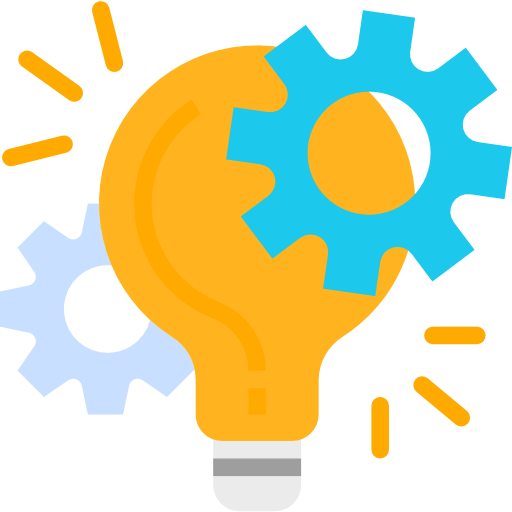
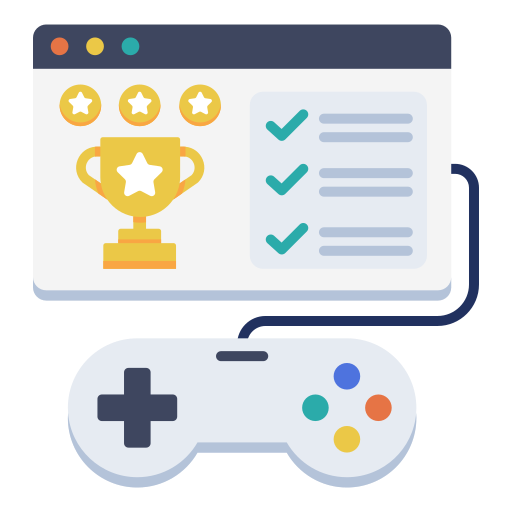
Project-Based Learning (PBL)
Gamification
Students work on real projects, such as creating mobile applications or social awareness campaigns using digital tools. This approach not only teaches technical skills but also leadership, teamwork, and critical thinking.
TBox incorporates game elements into its platforms, motivating students and enhancing knowledge retention. This is particularly effective for teaching complex concepts in an interactive way.
Tangible Benefits: A study conducted by EdTech Magazine (2024) indicates that students who participate in gamified projects are 40% more likely to retain information than those who receive traditional lessons.
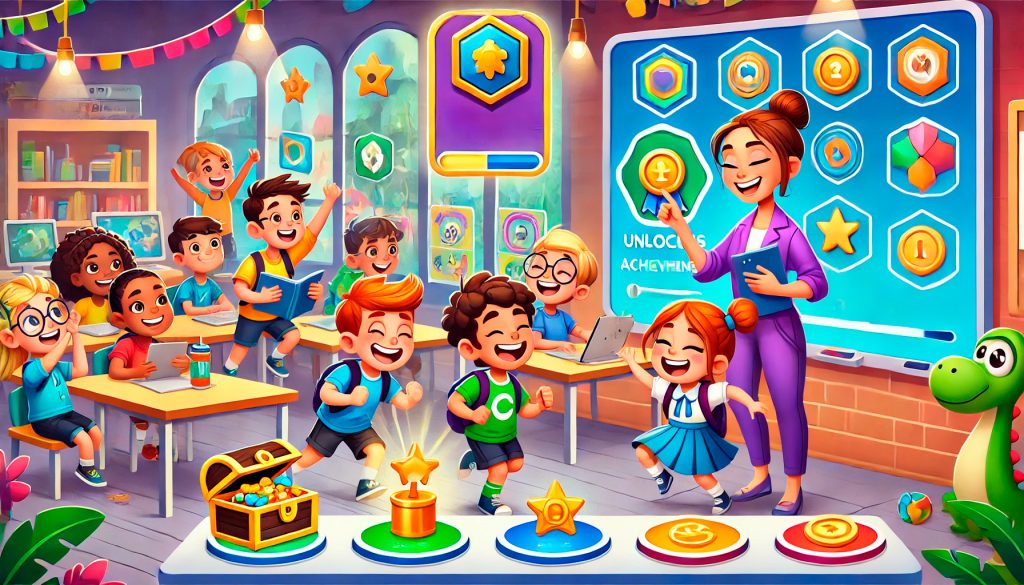
TBox Educational Solutions
TBox stands out for offering comprehensive solutions that address the needs of students, teachers, and educational administrators. These include:
Technological Curricula: TBox’s technological curricula are designed to develop practical skills that have direct application in the real world. Each program is tailored to the age and level of the students, from digital literacy for young children to advanced programming for teenagers.
Practical example: In a recent project, high school students used TBox resources to develop an app that helps manage recycling in their community. This type of activity not only reinforces technological concepts but also promotes social responsibility.
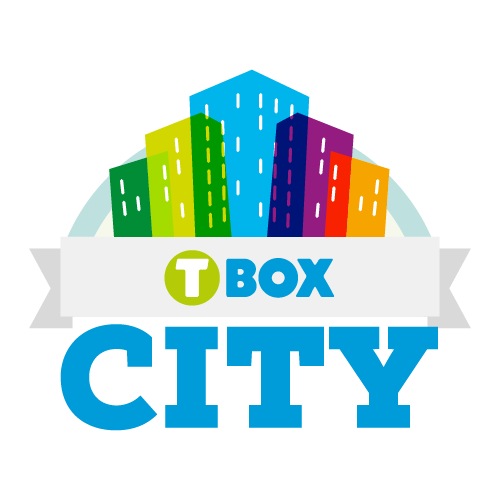
International Certifications: TBox certifications, such as Microsoft Office Specialist and Adobe Certified Associate, give students a competitive edge. These certifications are globally recognized and validate students’ technological skills, preparing them for university and the job market.
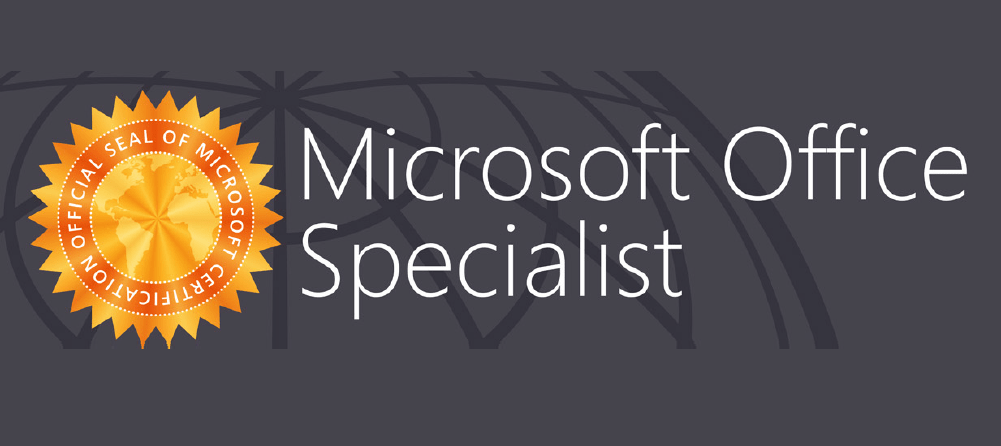
Academic Management Platforms: TBox platforms allow educational institutions to automate administrative processes, track student performance in detail, and improve communication between parents, teachers, and students.

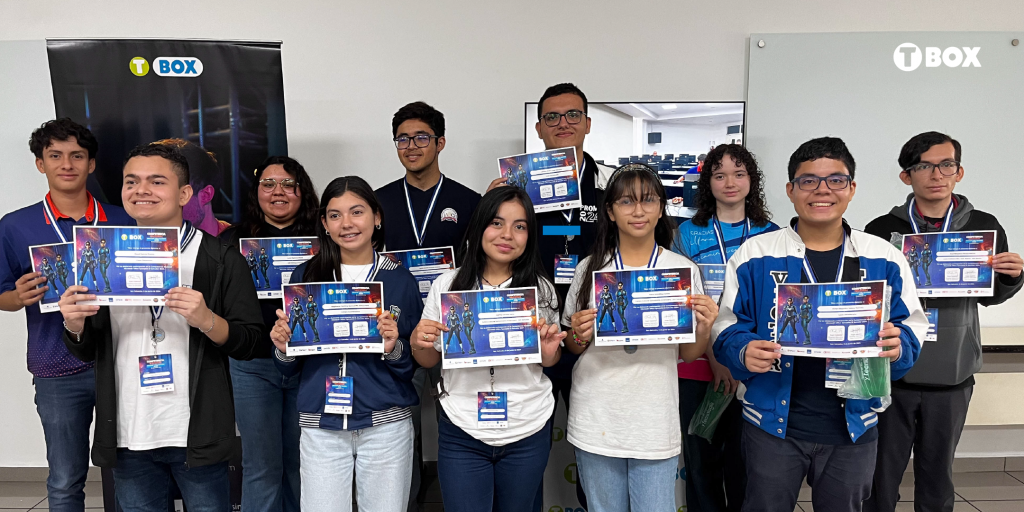
Future Trends in Education
The future of education is being shaped by a variety of global trends aimed at making learning a more personalized, inclusive, and effective experience. These trends include:
Personalization of Learning: Traditional education, which focused on a one-size-fits-all approach, is giving way to more personalized systems. Adaptive learning, powered by artificial intelligence, uses algorithms to adjust content based on each student’s needs and pace. This allows students to progress individually, focusing on their strengths and overcoming specific challenges. Tools like digital learning platforms and virtual tutoring are transforming this approach into a tangible reality.
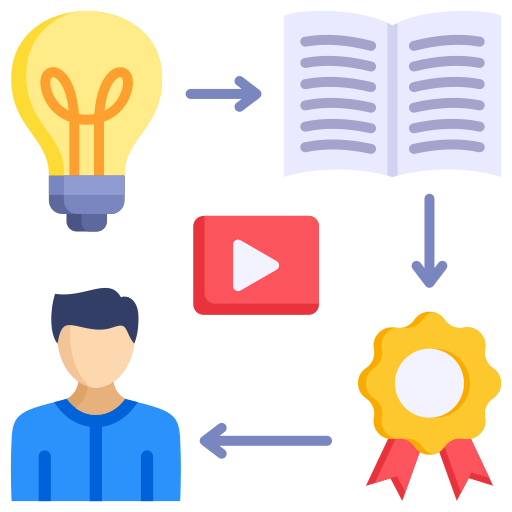
Emerging Technologies: The use of technologies such as augmented reality (AR) and virtual reality (VR) is creating immersive learning experiences. These technologies allow students to interact with simulated environments that enrich traditional teaching. For example, instead of reading about an ancient civilization, a student can virtually explore it, walking through its streets and observing its architecture in detail. Additionally, technologies such as artificial intelligence and machine learning are beginning to offer personalized tutoring and real-time simulations.
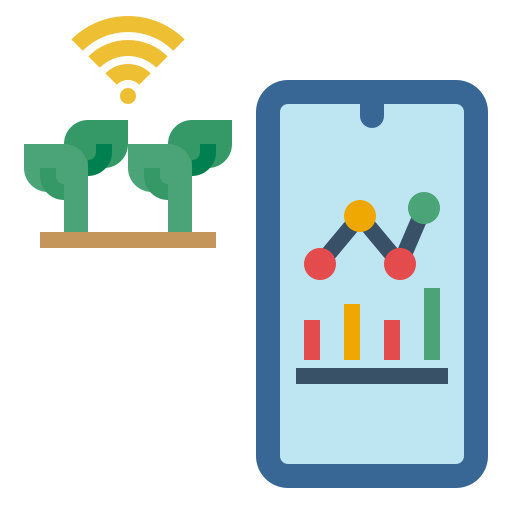
Socio-Emotional Education: The education of the future focuses not only on technical skills but also on socio-emotional development. Programs centered on empathy, resilience, teamwork, and emotional management are gaining relevance. These competencies are essential in a job market that values both interpersonal and technical skills. Additionally, recent research suggests that strengthening socio-emotional skills enhances academic performance and reduces stress in students.
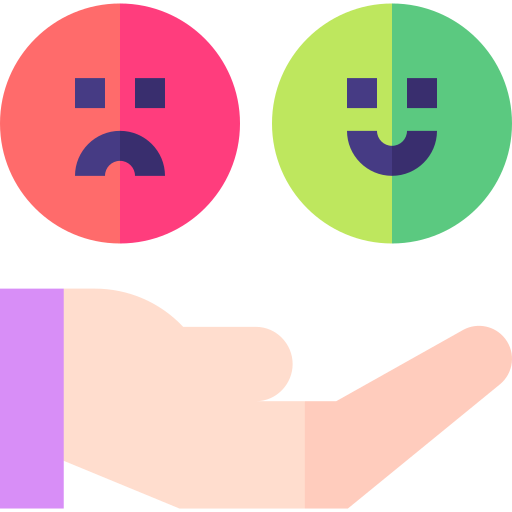
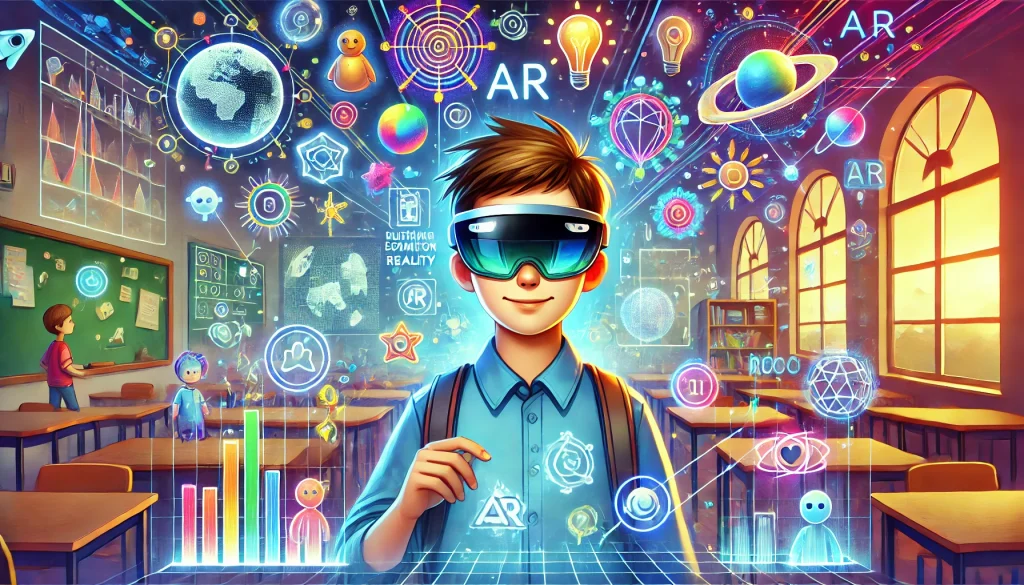
Challenges and Opportunities for the Future
Despite technological and pedagogical advances, the education of the future faces significant challenges that must be addressed to maximize its impact:
Digital Gaps: Unequal access to technology remains a major obstacle. Many communities, especially in developing countries, lack the resources to implement advanced educational technologies. This perpetuates inequalities in access to quality education. To reduce these gaps, it is crucial for governments, institutions, and businesses to collaborate in providing technological infrastructure, internet connectivity, and affordable devices for all students.
Constant Update: The rapid pace of technological advances presents both an opportunity and a challenge. Educational institutions must stay up to date with tools, platforms, and methodologies, which requires ongoing investment in teacher training and resource updates. This challenge underscores the importance of fostering a culture of continuous learning among educators.
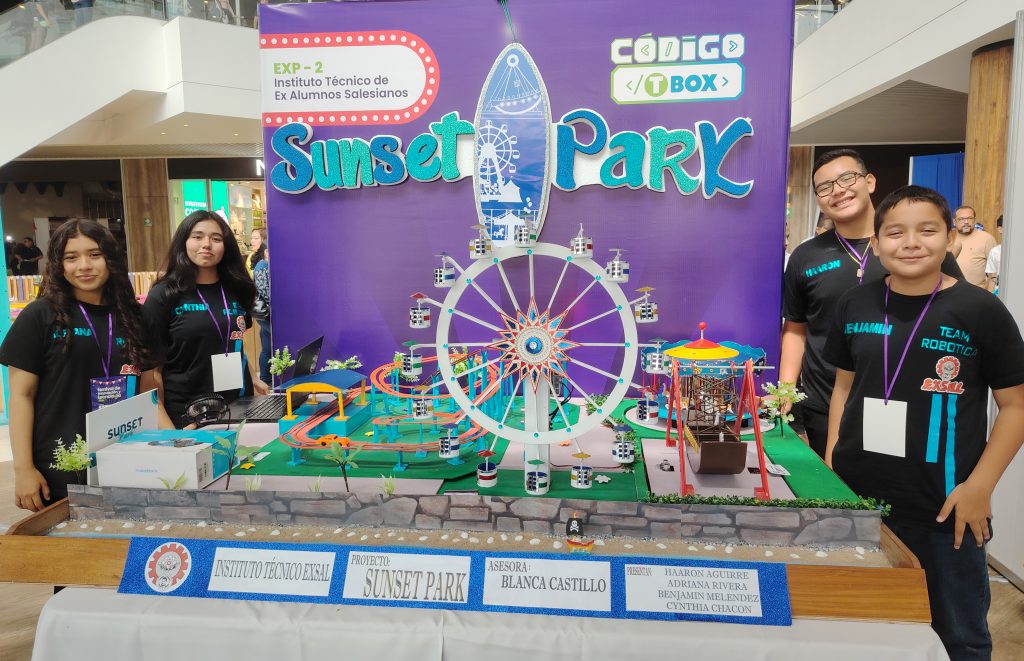
Inclusion and Diversity: Designing programs that are inclusive and relevant for students from different cultures, abilities, and backgrounds is an ongoing challenge. Educational solutions must be culturally sensitive, accessible to students with disabilities, and tailored to meet the unique needs of diverse demographic groups.
Balance between the Digital and the Human: While technologies are revolutionizing education, it is crucial to maintain a balance between the digital and the human aspects. Face-to-face interactions and emotional connections with teachers and peers remain essential for holistic learning. The challenge lies in integrating technology as a supportive tool without replacing the human aspects that are fundamental to student development.
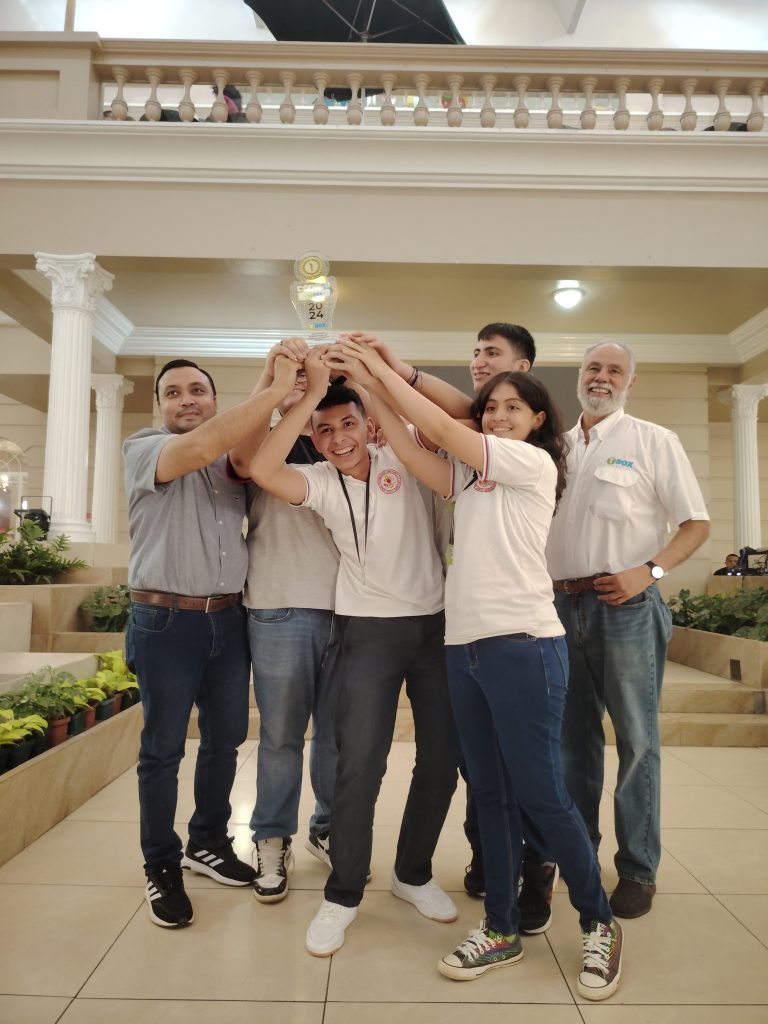
The phrase “Education of the future for today’s students” perfectly reflects TBox’s commitment to innovative and transformative teaching. Through technological curricula, international certifications, and advanced methodologies, TBox not only prepares students for the future but also empowers them to lead in it. Its comprehensive approach ensures that both students and teachers are equipped to face the challenges of an ever-changing world.
With its forward-looking vision and solutions adapted to global educational trends, TBox continues to lead the way toward a more inclusive, personalized, and relevant education. On this journey, it is clear that the future of education is not just an ideal but a tangible reality that TBox makes possible every day.

